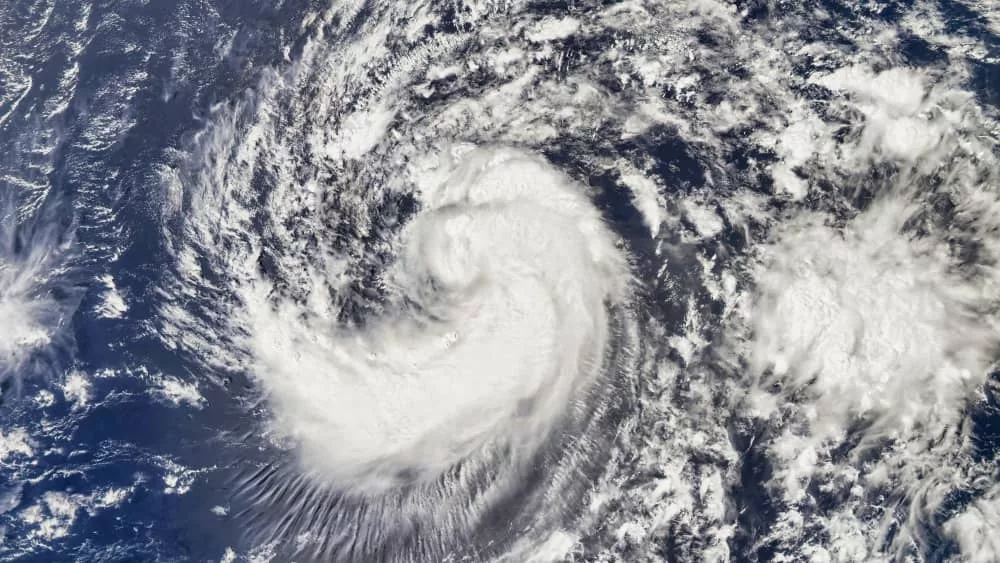
Hurricane Helene made landfall as a massive Category 4 hurricane, slamming into the Big Bend region of Florida on Thursday night with 140 mph winds. Helene made landfall about 10 miles west of Perry, Florida, at 11:10 p.m. Eastern Time, with maximum sustained winds of 140 miles per hour. Per the National Hurricane Center, as of 2 a.m. EDT, its winds had already diminished to 90 mph, making Helene a Category 1 hurricane at the time.
The storm moved across Florida into Georgia, leaving at least three people dead and millions without power across the Southeast. Significant flooding was reported across the region, with additional heavy rain expected Friday as Helene moves toward Tennessee. Helene weakened rapidly as it raced inland early Friday, with the National Hurricane Center stating that Helene was downgraded to a tropical storm as it moved over Georgia. However the NHC warned that Helene would still bring “life-threatening” storm surge, strong winds and heavy rain.
As of 5 a.m. EDT, Helen was approximately 40 miles east of Macon, Georgia and 100 miles southeast of Atlanta and was racing north at 30 mph – packing maximum sustained winds of 70 mph.
Some 1.2 million customers in Florida were without power early Friday morning, according to utility tracker PowerOutage.us, along with approximately 734,000 in Georgia and 363,000 in South Carolina. In addition, about 87,000 homes and businesses were in the dark in North Carolina, for a total of almost 2.4 million in the four states.
Several airports closed because of the storm, and airlines canceled nearly 1,300 flights Thursday, according to FlightAware. More than 600 U.S. flights were already canceled as of 5:30 a.m.
Editorial credit: BEST-BACKGROUNDS / Shutterstock.com
